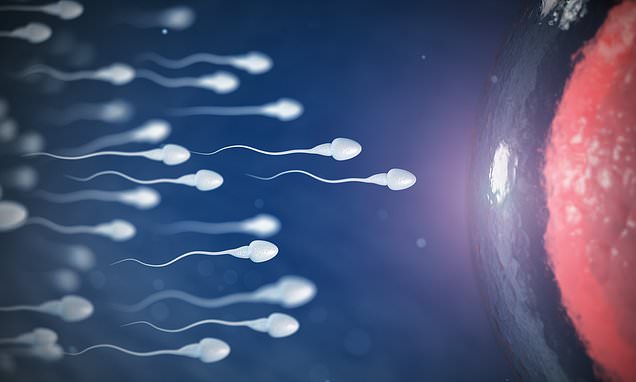
The greatest meta-analysis on the subject was undertaken in a research that was published in the Human Reproduction Update journal, which included information from more than 57,000 men across 223 studies conducted in 53 different countries.
A new study performed by Israeli epidemiologist Hagai Levine found that average sperm counts are “dropping at an accelerated rate after half over the previous 40 years.”
Sperm counts can predict not only fertility but also general male health: a low count may portend a higher risk of chronic illnesses, testicular cancer, and a shorter life span.
Levine told reporters, “Overall, we’re seeing a significant global decline in sperm counts of over 50% in the past 46 years, a decline that has accelerated in recent years.”
Despite the decline, the average sperm concentration is still 49 million, or between 15 to 200 million sperm per milliliter, which the World Health Organization considers to be “normal.”
However, the study discovered that it is declining at a rate of around 1.1% every year.
According to Levine, this decline may be caused by endocrine-disrupting substances or other environmental variables that affect the embryo in the womb.
Levine said, “Additionally, lifestyle decisions and environmental pollutants are severely influencing this fetal development.
In a similar vein, the researcher urged international effort to improve better ecosystems for all animals and to lessen exposures and behaviors that endanger our reproductive health.
RELATED ARTICLES
- Biden To Sign Accord Giving WHO Authority to Control US Response to Pandemics
- WHO says COVID-19 Pandemic is Over, no longer be regarded as a Global Health Emergency
- According to the WHO Director, COVID Remains a Global Health Emergency
- Bolsonaro Rejects WHO's Pandemic Treaty: 'Brazil Is Autonomous'
- AstraZeneca CEO: 'Millions of Immunocompromised People Cannot Be Vaccinated'











